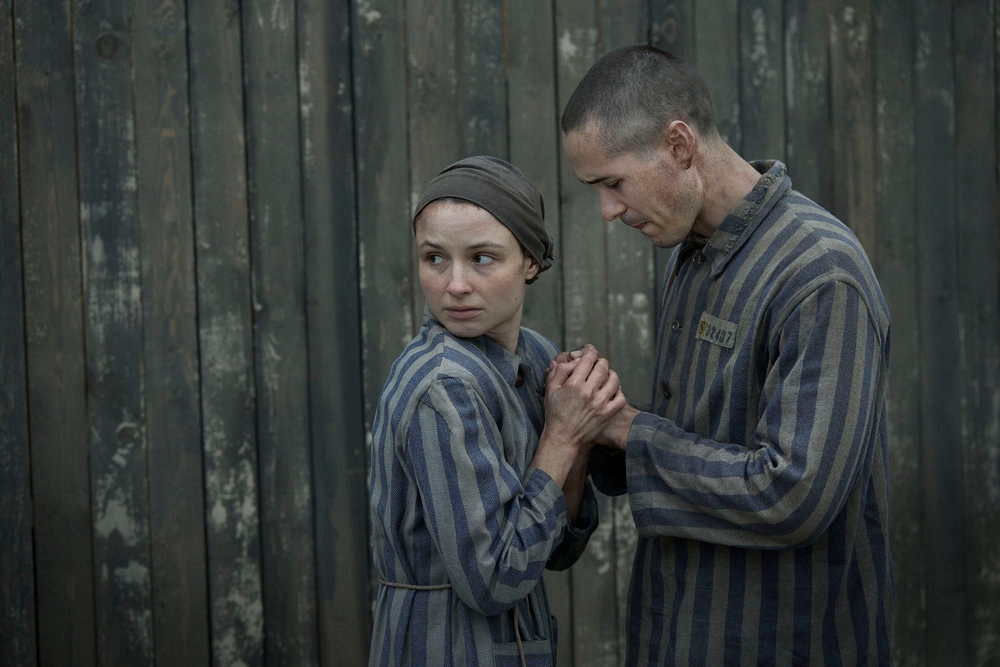Friday The Rabbi Solved Crimes

Looking for a rabbi? Someone who’s accommodating but firm? Quick on his or her feet and scholarly, too? Capable of holding his or her own at both interfaith gatherings and synagogue board meetings? Familiar with the Talmud as well as with the most current literature? As it happens, I have the perfect candidate for you: David Small of Barnard’s Crossing, Massachusetts.
Ring a bell? I suspect he’s familiar to many of you. That’s not because of his good deeds or, heaven forfend, because he was found guilty of wrongdoing, his name and position splayed across the front pages of this and other newspapers. You know of Rabbi David Small because of the outsize role he played in the Harry Kemelman mystery series of the 1960s and 1970s, in which the good rabbi slept late, saw red, stayed home and went hungry.
The rabbi-turned-detective also sold a lot of books: 7 million of them by the time of Kemelman’s death in 1996. With their bold, even jazzy cover graphics, they drew the eye. Attractively priced, at $3.95, and available in paperback as well as hardcover, they appealed to the pocketbook, too. More to the point, “Friday, the Rabbi Slept Late,” the first of the series, and the other titles that followed in its wake, was a good, clean read. Stronger on foibles than on gore, on the human condition than on its underbelly, the “Rabbi Books,” as they came to be called, moved at a fast clip, held the reader’s attention, and resolved well and satisfyingly.
A far cry from the cigar-chomping, world weary, rumpled detective which most of us associate with crime fiction, Rabbi Small was not given to drink, profanity or emotional extravagance. You might even say he was a bit austere and even remote. Early on in Rabbi Small’s career, one reviewer referred to his “uncompromising personality.” It’s not that the clergyman was a saint, either – far from it. Time and again, he gave voice to exasperation and disappointment, especially with his congregants who, day in and day out, tried his patience. All the same, Small didn’t flame on the page. A detective at a low boil, he was not the first man of the cloth-turned-gumshoe. That distinction belonged to a priest rather than a rabbi: G. K. Chesterton’s Father Brown.
What rendered Rabbi Small distinctive, transforming a fictional character into the one rabbi Americans knew well, was his power of detection. (He “can see the third side of any question.”) A keen student of human behavior, he deftly brought the Talmud to bear on the crime scene as well as on the culprit, turning to the ancient compendium for guidance – not as some kind of Ouija board but as the source of enduring wisdom about human nature. As The New York Times put it, Rabbi Small “unravel[ed] skeins of mystery and threads of tradition that would have kept such erudite masterminds as the Vilna Gaon on overtime for months.”
In Kemelman’s hands, the Talmud became a living document rather than a dead letter. American Jews came alive, too. Or at least recognizable. True, they rested on Saturday rather than on Sunday, attended a temple rather than a church and occasionally hankered after foods with strange names and even stranger tastes, such as gefilte fish and matzoh. But in many other ways – the ones that counted – Rabbi Small’s congregants were like congregants everywhere. When it came to matters of the heart, they were just as apt to fumble and flail as the next fella. Reassuringly familiar, the Jews of Barnard’s Crossing could be the folks next door.
What drew readers by the millions to Kemelman’s creation, keeping him in circulation for decades, was the artful way in which he solved the mystery of a dead body in the synagogue parking lot and the college quad or on the golf course. Fans of the best-selling series did not pick up a copy, say, of “Saturday, the Rabbi Went Hungry” at the local bookstore because they were eager to learn about Shabbos. The “Rabbi Books,” after all, were shelved under ‘Mystery’ not under ‘Religion’ or ‘Sociology.’
And yet, as I survey their popularity more than half a century after they first saw the light of day, I can’t help thinking that the biggest mystery Rabbi Small ever solved had little to do with foul play and everything to do with the meaning of faith and the endurance of the Jews.

I hope you appreciated this article. Before you go, I’d like to ask you to please support the Forward’s award-winning journalism this Passover.
In this age of misinformation, our work is needed like never before. We report on the news that matters most to American Jews, driven by truth, not ideology.
At a time when newsrooms are closing or cutting back, the Forward has removed its paywall. That means for the first time in our 126-year history, Forward journalism is free to everyone, everywhere. With an ongoing war, rising antisemitism, and a flood of disinformation that may affect the upcoming election, we believe that free and open access to Jewish journalism is imperative.
Readers like you make it all possible. Right now, we’re in the middle of our Passover Pledge Drive and we still need 300 people to step up and make a gift to sustain our trustworthy, independent journalism.
Make a gift of any size and become a Forward member today. You’ll support our mission to tell the American Jewish story fully and fairly.
— Rachel Fishman Feddersen, Publisher and CEO
Join our mission to tell the Jewish story fully and fairly.
Only 300 more gifts needed by April 30






















